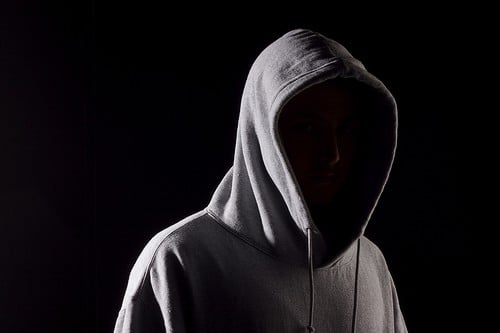I heard about the death of Trayvon Martin a bit late in the game. By the time I heard about it, all of the deep pain that tragedy and the specter of racial violence can evoke had already combined with the acrimony and vitriol that national news cycles can generate. Once again it had produced the combustible mixture that dominates news cycles, drives ratings, and fills my Facebook feed.
I won’t pretend that my world stopped when I heard the story. I did, however, linger over the case in my conversations, thoughts, and prayers. I was indignant, frustrated, even outraged. I’m sure that in all my well-intentioned hand-wringing, I allowed myself to indulge in the old platitude about “how far we have to go.”
But here’s the problem: when I think “we,” what I really mean is “they.” Them. Bad people. Other people.
***
In my more (God forgive me!) self-indulgent moments, I’m probably more prone than many to congratulating myself for my enlightened attitudes toward race. After all, I grew up in a household in which my parents spoke out clearly against racism. I’ve lived in several communities, from the Bronx to the Oglala Lakota Nation, in which my own white skin did not place me in the majority. And, courtesy of my college apartment-mates, the American-born sons of Haitian and Pakistani immigrants, I can cheerfully check the coveted “my best friend is a minority” box twice. When it comes to battling good ol’ fashioned White Guilt, my progressive credentials are as strong as any.
There are, of course, about a thousand problems with the paragraph I just wrote. Maybe the most basic one is that it reveals the reasons that I think I’m different than those people who I perceive to be acting in an unjust way. Reflexively, almost without thinking, I used the case as a microscope with which to examine other people’s faults (or better, my distant perception of their faults), rather than a mirror to help see my own brokenness. And I was wrong to do so.
The evils wrought by injustice are real and all too tangible, and my Christianity absolutely compels me to work for justice. My point is not that I, or any Christian, should stop working for justice, and I’m certainly not trying to say that questions of race or violence are unimportant. It’s only in a broken and sinful world that an unarmed seventeen-year-old dies of a gunshot, and nothing could be more important than to try to bring God’s healing to that kind of a broken world. No, my point is simply that from my own position of privilege, it’s far too easy for me to start out by feeling superior and enlightened, too simple to savor the sweet taste of the crassest sort of vilification and blame. It’s an awful lot less convenient to realize that I too grew up in a society marked by the sin of racism. It’s much less pleasant to examine my own heart and to ask how it is that despite my best efforts, I’ve been marked by, and even participated in, a world that’s broken.
In short, it’s a lot harder, but more blessed by far, to begin the work of justice to admit as humbly as I can: I too am a sinner.



